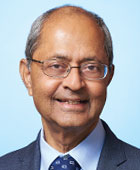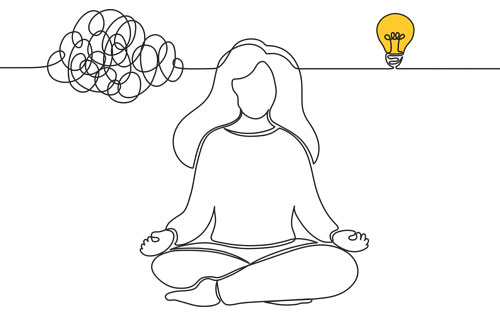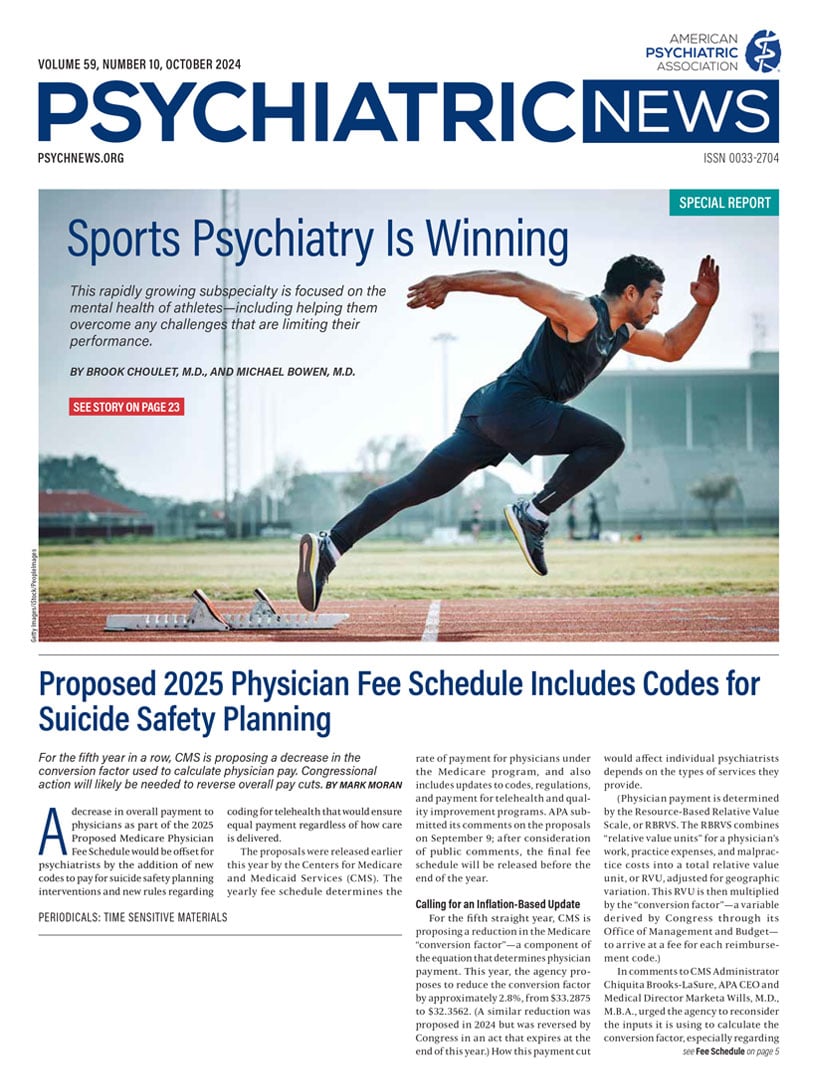Stress is ubiquitous, with a majority of people in the United States reporting moderate to severe stress. It is no surprise that mitigating stress is one of the six recognized pillars of lifestyle medicine.
While some amount of stress is unavoidable and is not always negative, when one experiences a significant amount of stress as a strain, that can set in motion adverse physical and mental processes. Chronic stress is particularly harmful, potentially contributing to prolonged inflammation, sustained cortisol rise, impairment of sleep, unhealthy eating habits, changes in gut microbiota, obesity, and susceptibility to infections, hypertension, diabetes, and atherosclerotic cardiovascular disease such as heart attack and stroke. Prolonged stress can contribute to anxiety and depressive disorders, precipitation of psychotic disorders, cognitive impairment, and consumption of cigarettes, alcohol, and other harmful substances. What is more, there is clear evidence that adverse childhood experiences significantly contribute to later psychiatric and physical maladies.
The word “stress” is often used to denote both stressors as well as the individual’s experience of it. It is important to modify adverse stressors, changing the environment to the extent one can. Psychiatrists and others need to engage in advocacy efforts to make systemic changes, especially addressing social determinants of health such as housing, access to health care, access to good nutrition, and financial situation.
At the individual level, through psychotherapy we can motivate and guide the patient in instrumental coping (changing the adverse situation) and also mitigate the negative impact of stress on body and mind. Psychotherapy can also help people overcome internal and external obstacles to social connectedness, because social support is important in reducing stress. Helpful adjuncts (which by themselves may be sufficient for some situations) include meditation, yoga, tai chi, mindfulness-based stress reduction, relaxation training, music, dancing, and utilizing technologies that have been validated in scientific studies. Mindfulness-based stress reduction intervention delivered via telehealth has been demonstrated to be helpful to veterans suffering from posttraumatic stress disorder. This is important because telehealth and other technologies overcome distance and time barriers for many people.
Dean Ornish, M.D.’s work on lifestyle interventions slowing down or even reversing the progression of atherosclerotic heart disease and prostate cancer involves whole plant-based food, physical activity, and stress management. He and Nobel laureate Elizabeth Blackburn, Ph.D., have shown that such interventions increase cellular telomerase, slowing the loss of telomeres, thus slowing cellular aging. Promoting regular physical activity and ensuring adequate sleep and sound nutrition are also important in mitigating the adverse effects of stress.
Because so much of what we do in life is habitual—much more than we realize—it is important for people to build stress-reduction habits into their daily life. A common situation that would benefit from this is commuting, when people let themselves get intensely aggravated by trivial situations. Psychotherapy can help them identify how their habitual behaviors contribute to stress—including interpersonal stress—train themselves to recognize patterns and cues, and develop adaptive behavior and thought patterns. People can also take two- or five-minute breaks throughout the day to practice brief meditation or relaxation instead of doing only one long period of meditation.
Of course, one size does not fit all. People who have experienced severe trauma need expert, specialized psychotherapeutic and medication interventions in addition to the above. What matters most is that we recognize stress in its many forms and work with our patients to mitigate any damaging effects. ■


